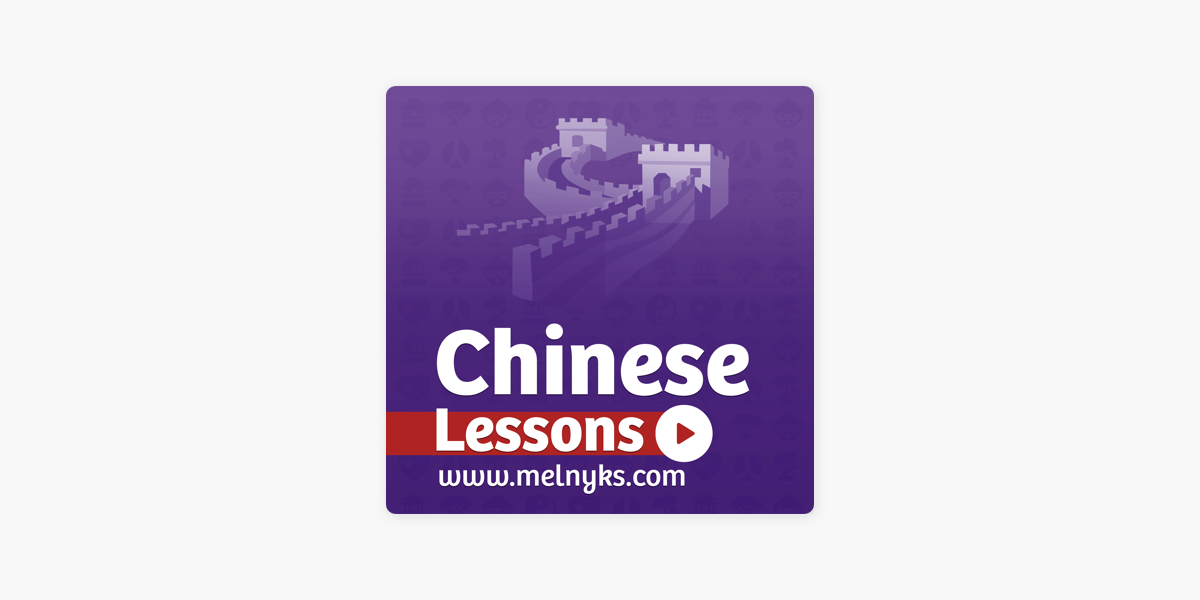Although Chinese is
a very difficult language, I’ve found that with hard work and motivation, you
can reach your Chinese goals! Despite only starting Chinese a few years ago, I
have been able to reach an advanced level, which I attribute to my extensive
self-study and amazing teachers! In my experience, some of the most difficult
things to study on your own is pronunciation, speaking, and listening
(especially as compared to reading and writing, which we tend to focus on in
Chinese classes anyway). Thus, I have found some effective and useful ways to
work on these skills that I would like to share with fellow Chinese learners.
Improving pronunciation
I recommend using Anki
as a platform. This software is a bit less intuitive and user-friendly than
Quizlet, but it is geared towards building one’s long-term memory, which is
crucial for language learning and more efficient in the long run. It is free to
download on your computer, and if it becomes part of your study routine, it may
be worth paying to download it on your mobile device too.
Like most flashcard platforms, Anki has pre-made decks in addition to ones you can make yourself. Other language learners can upload decks of flashcards they have made, saving you time and effort! One deck that I love is Spoonfed Chinese, which has thousands of example sentences in Chinese at various levels with native-speaker audio. Learning words in context is much more effective than simply memorizing words in isolation, and the clearly enunciated audio coupled with characters and pinyin allows you to practice listening and reading in one go! To work on pronunciation, I listen and repeat the sentences as I study them. Another benefit of this deck is that it has content suitable for all levels. There are beginner and intermediate level sentences like, ”我喜欢游泳 – I like swimming.“ Once you get more advanced, you can learn more specific vocab and grammar patterns, such as those related to economics or politics. For example, “如何克服日元升高是个大问题 – How to overcome the high value of yen is a big problem.” To customize these cards, you can add extra information about the definitions of words used in the sentence or pictures.

Expanding your vocabulary
Next, I would like to share my method of making my own flashcards to expand my Chinese vocabulary and work on my pronunciation. Studying one’s own flashcards is not only a great way to review vocab words, but the actual process of making the cards can help you better acquire the words in and of themselves. I use the word “误区(wù qū) – mistaken ideas” as an example; it was a vocab word I learned in one of my readings from class. On the front side, I have the characters (in both simplified and traditional since my goal is to be able to read both). The second side has the pinyin, a definition in Chinese (but for beginners or intermediate learners it could be in English), the part(s) of speech, example sentence(s) or phrase(s), and a picture. I record the audio for my example sentences myself so that I can practice saying the words––both in isolation and in the context of a sentence. I can compare my pronunciation to how I know the tones should sound. It is an especially great way to track your progress in pronunciation since you can listen back to recordings from a few months ago to see how you’ve improved! For learners just starting out, it is important to have feedback from a native speaker to ensure that you are practicing the correct pronunciation, otherwise you may be practicing bad pronunciation habits. You can also find audio from native speakers for example sentences to record or imitate on websites like Youglish.

Although it can take a while to find all the
information to make these cards, they have helped me improve my vocabulary
tremendously, which is the key for advancing your Chinese to an even higher
level. Furthermore, including information like the part of speech and example sentences
helps ensure that you are able to use these words correctly and actively in
Chinese, rather than perhaps only being able to recognize the words. As Chinese
words tend to be used in very specific environments, this is a good way to
acquire the correct Chinese word associations and to think in Chinese!
Working on listening skills
In addition to memorizing vocab and practicing pronunciation, I recommend increasing quality input in the target language to work on listening skills. Podcasts are a fun and convenient way to do this. Whether it be walking to class or driving to work, everyone has a bit of time in their day to listen to a podcast! There are many different programs geared towards beginners, so I will focus on recommending some intermediate and advanced ones, since it can be hard to find podcasts challenging enough and yet not too hard for Chinese learners at these levels. Learn Taiwanese Mandarin has more episodes suited for intermediate speakers, while Chinese Colloquialized is more advanced. Talk Taiwanese Mandarin with Abby and 瞎扯学中文 Convo Chinese have a mix of some more intermediate and some more advanced episodes. These two shows often consist of the host interviewing a friend, so the level of difficulty depends on how fast or clearly the other person speaks, and the difficulty of the content of course. Finally, Chinese Pod has beginner, intermediate, and advanced levels, so anyone can find something to practice their listening skills with this podcast! There are so many other great Chinese podcasts, including those about grammar, news, culture, and stories, so you are sure to be able to find a suitable podcast for you––it just may require some digging around!
While we all have
different study habits and learning styles, these are the ones that have worked
for me and gotten me to where I am with Chinese today––so I hope they can be of
help to others too!









